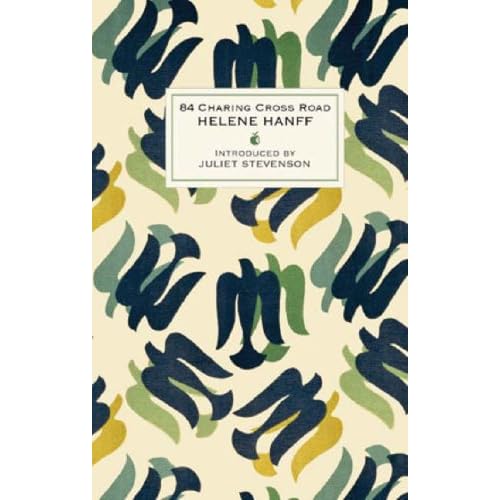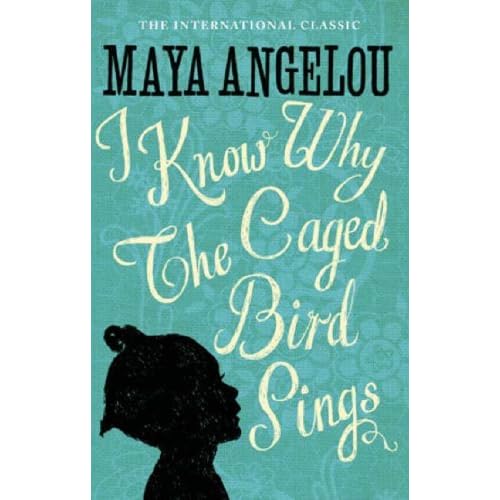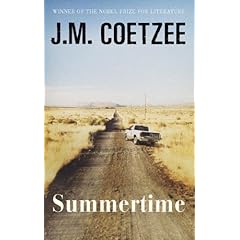I visited Cambodia in September 2013, and prior to the trip, I purchased Bizot's memoir detailing his days in Cambodia during the Khmer Rouge. While I didn't have the time to read the book before landing in the Cambodian capital, I did visit the Killing Fields and the Museum of Genocide. Both left me speechless, and sick to my stomach. The tour of the Killing Fields was particularly haunting. Pits were cordoned off, and the audio guides told us what was discovered in each of these pits. Mostly corpses, unsurprisingly. However, the Killing Tree was marked as well - the tree against which the heads of babies and children were smashed, before being tossed into the nearby pit. People do that? Kill innocent babies, who under no circumstance could be CIA agents? The xenophobia and irrational spirit of nationalism resulted in the internal conflict, driven by the Khmer Rouge and Pol Pot. Over twenty thousand people died. My camera was clutched in my hand, but I couldn't bring myself to take any photographs. I just listened to the audio guide, and read the text. Months later, I still remember it all. Months later, I remain despondent that the main perpetrators are still awaiting trial. Pol Pot is dead; I suppose we can all find some solace in that. This is me, as a visitor, seeing things at the very surface. The audio guides prompted us to put ourselves in the shoes of the prisoners, and it remains something beyond the scope of my imagination. Even my worst nightmare isn't horrific enough. Bizot's memoir details him actually living through that nightmare, after a sequence of unreal, unfortunate events. An ethnologist drawn to Cambodia by the mysteries of the Far East, Bizot was imprisoned on suspicion that he was a CIA agent impersonating as an academic. While there was no concrete evidence to even suggest that this was the case, he was kept captive for approximately three months, while the powers that be tried finding the relevant evidence. Duch, an officer in the Khmer hierarchy, responsible for "overseeing the systematic torture of 15,000 prisoners," questioned (and over the course of the questioning, befriended) Bizot daily, trying to determine his innocence, and subsequent release. During this period, Bizot was given special treatment, compared to the rest of the prisoners, and yet, he witnessed all the atrocities. And yet, years later, at Duch goes on trial, Bizot still empathises with his friend, who ensured Bizot's freedom.
Eventually, he was released, and found himself as a translator at the French embassy. The scenes that follow depict the pandemonium as people tried to get out of the country, with or without their families, as the massacres increased exponentially. Bizot's own daughter was safe, but as a reader, we're never given any insight into what happened to his Cambodian wife. Yet, the hands of the French were tied, as they weren't allowed to provide asylum to the locals. The Khmer Rule had made that abundantly clear, including storming into the Embassy with guns, and shutting down their communications with France. Even members of Cambodian royalty aren't exempt from the rules. Nor women with babies, who try to fling their babies over the gates of the embassy, just so that the babies might have a chance at a future.
Through time, people have turned a blind eye to the genocide in Cambodia. The opening chapter of the book, where Bizot describes Cambodia prior to the Khmer era, is poetic. It started as an ode to a beautiful idyll-like country cherishing peace, which one can imagine with a tinge of lament. It's always a shame when peace and tranquility descends into oppression and hatred, in the hands of dictators like Pol Pot. The title of the book refers to the gate of the French embassy, which once, of such importance, now has a diminutive stature in the eyes of the author, as he looks back in anger upon the events that unfolded.

 Junky is William S. Burroughs semi-autobiographical story, about being a drug-addict - a "junky," if you will - in the 1940s in the good ol' US of A. At less than two hundred pages, this is an extremely short, albeit insightful read.
This first-person narrative is an unapologetic unemotional documentary of Burroughs' experiences, the friends he made, and the encounters with the law, as they tried to clamp down on drugs, addiction and peddling, with the help of "pigeons".
Junky is William S. Burroughs semi-autobiographical story, about being a drug-addict - a "junky," if you will - in the 1940s in the good ol' US of A. At less than two hundred pages, this is an extremely short, albeit insightful read.
This first-person narrative is an unapologetic unemotional documentary of Burroughs' experiences, the friends he made, and the encounters with the law, as they tried to clamp down on drugs, addiction and peddling, with the help of "pigeons". If there ever was a perfect book, this would be it. Yes, I know that's an extremely strong and subjective statement, but I don't think many people who have read this will disagree. It's feel-good, happy, and just... perfect.
84 Charing Cross Road revolves around two people living halfway across the world from one another, with their warmth, kindness, generosity, and love of books bringing them together. The book is a series of real letters exchanged between the two of them over a period of twenty years, starting in October 1949.
If there ever was a perfect book, this would be it. Yes, I know that's an extremely strong and subjective statement, but I don't think many people who have read this will disagree. It's feel-good, happy, and just... perfect.
84 Charing Cross Road revolves around two people living halfway across the world from one another, with their warmth, kindness, generosity, and love of books bringing them together. The book is a series of real letters exchanged between the two of them over a period of twenty years, starting in October 1949. I've wanted to read this book for ages, simply for the title, which is one of the most beautiful titles I've ever come across. So, I finally picked it up, and it's probably one of the most beautiful autobiographies I've ever read. On reading the blurb, I thought it would be similar to the Pulitzer Prize winning The Color Purple. While both books have a prominent thread of racism running through, the similarities end there.
I Know Why The Caged Bird Sings is the coming-of-age story of Maya Angelou, born Marguerite Ann Johnson, set in Stamps (Arkansas), St. Louis and San Francisco. Initially, she lives in Stamps with her brother, Bailey, her grandmother who she calls Momma, and her Uncle Willie. Momma, a no-nonsense unemotional religious Christian, owns the only store around, and is respected and well-liked by all - whites and blacks. While their parents are in California (doing goodness knows what), Momma brings the two children up, with proper morals and values. In fact, when Maya uses the phrase "by the way" passingly, she is admonished for using the Lord's name in vain. And she cannot admit to liking Shakespeare, as he was white.
I've wanted to read this book for ages, simply for the title, which is one of the most beautiful titles I've ever come across. So, I finally picked it up, and it's probably one of the most beautiful autobiographies I've ever read. On reading the blurb, I thought it would be similar to the Pulitzer Prize winning The Color Purple. While both books have a prominent thread of racism running through, the similarities end there.
I Know Why The Caged Bird Sings is the coming-of-age story of Maya Angelou, born Marguerite Ann Johnson, set in Stamps (Arkansas), St. Louis and San Francisco. Initially, she lives in Stamps with her brother, Bailey, her grandmother who she calls Momma, and her Uncle Willie. Momma, a no-nonsense unemotional religious Christian, owns the only store around, and is respected and well-liked by all - whites and blacks. While their parents are in California (doing goodness knows what), Momma brings the two children up, with proper morals and values. In fact, when Maya uses the phrase "by the way" passingly, she is admonished for using the Lord's name in vain. And she cannot admit to liking Shakespeare, as he was white. And so, my Booker shortlist (2009) journey continues with Coetzee's fictional memoir, which completes the trilogy, already containing
And so, my Booker shortlist (2009) journey continues with Coetzee's fictional memoir, which completes the trilogy, already containing  This is a short hundred and eighty page book, which has Murakami talk about his life, and the importance of running in it. It's a quick-paced interesting read for everyone - be it a marathon runner, or a marathon reader. You can call it an autobiography, a memoir, a travel journal, or a training diary - the book easily fits all of the above descriptions.
Murakami started running at the age of thirty-three, the age that Jesus Christ died. The age that Scott Fitzgerald started to go downhill. That age may be a kind of crossroads in life. And in his words, it was my belated, but real, starting point as a novelist.
This is a short hundred and eighty page book, which has Murakami talk about his life, and the importance of running in it. It's a quick-paced interesting read for everyone - be it a marathon runner, or a marathon reader. You can call it an autobiography, a memoir, a travel journal, or a training diary - the book easily fits all of the above descriptions.
Murakami started running at the age of thirty-three, the age that Jesus Christ died. The age that Scott Fitzgerald started to go downhill. That age may be a kind of crossroads in life. And in his words, it was my belated, but real, starting point as a novelist.